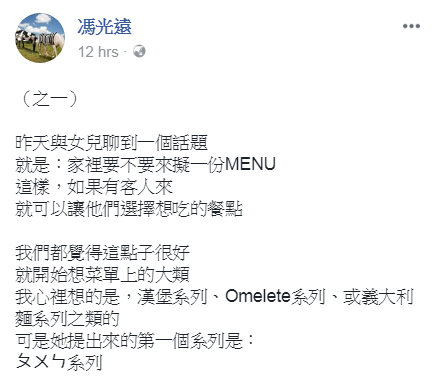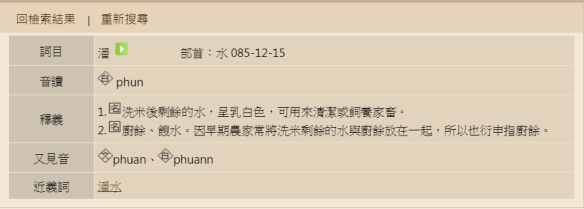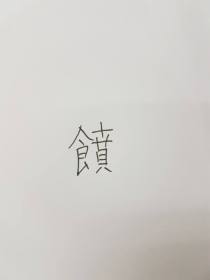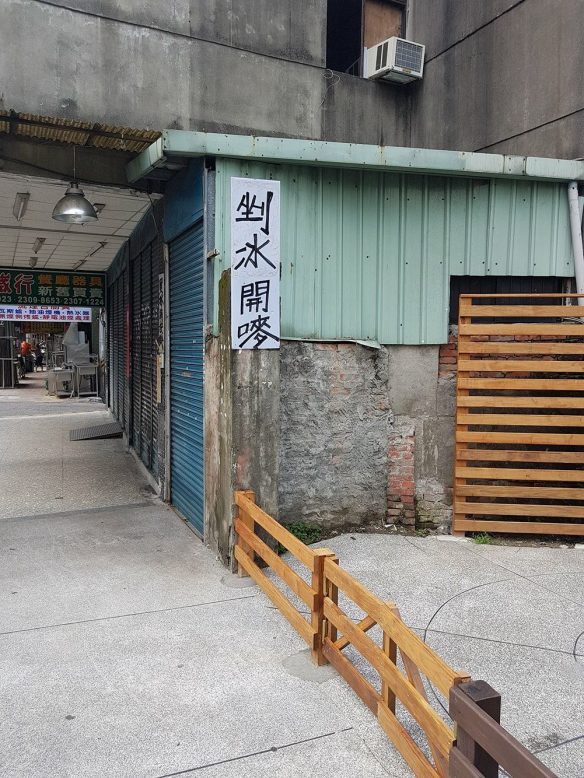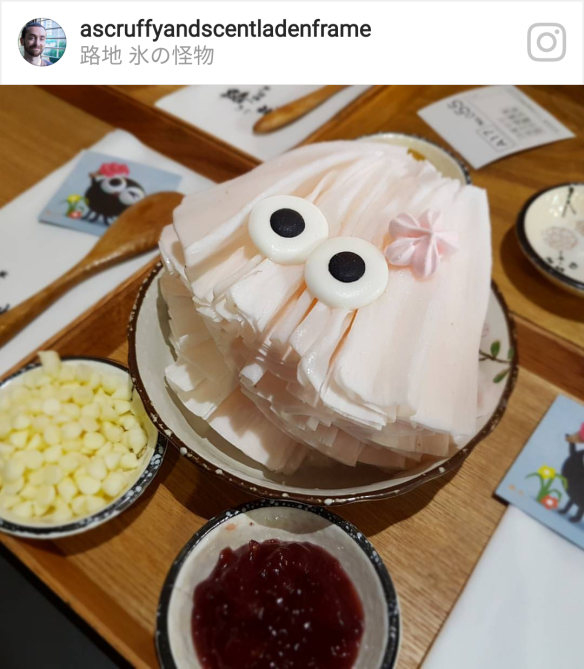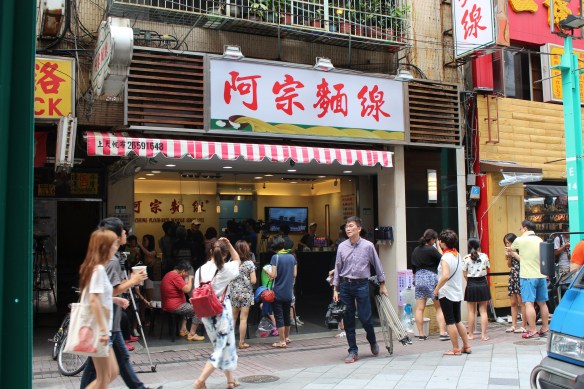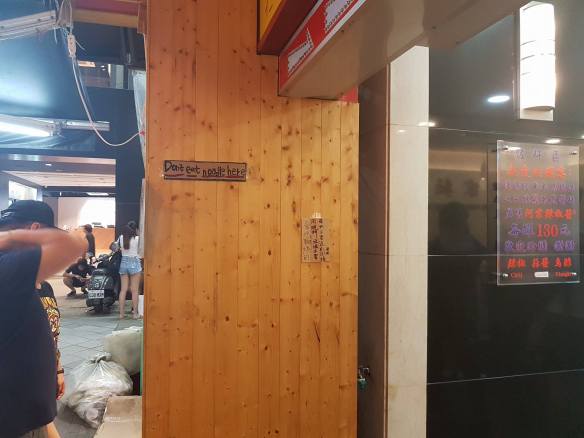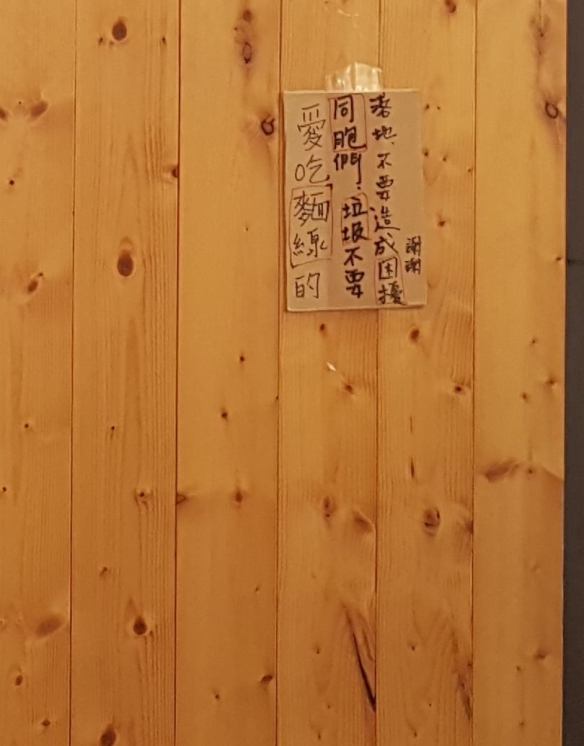Ko Wen-je still seems to enjoy quite a lot of popularity as Taipei mayor, despite being increasingly distant from the Democratic Progressive Party (DPP), which did not nominate a candidate in the mayoral election in which he was elected. There has been talk this time round of DPP politicians running against him, but Ko has so far come out on top on polls (reference).
Ko’s reign as mayor has not been all smooth sailing by any stretch, however, and one of the major controversies of his term is still in evidence at the abandoned construction site of the Taipei Dome where posters denouncing Ko can still be found plastered over the walls of the site:

(Top) “Protect old trees before the election
Move old trees after the election
‘Making Real Change’ (from the title of Ko’s second book White Power 2: Making Real Change)
Start with changing yourself”
(Bottom) 7 Questions for Ko Wen-je
Mayor Ke Wen-je, Are you going to let the construction of the corrupt landmark restart?
1. Have you completed the renegotiation of the Build-Operate-Transfer (BOT) Contract?
2. Have you dealt with FarGlory’s illegal breach of contract?
3. Have you dealt with the controversy surrounding the Taipei Dome scandal?
4. Did FarGlory complete the implementation of the seven public safety standards?
5. Have you passed the changes to the Urban Design Review, the environmental impact assessment and the building license?
6. Have you realized the concept of “lining roads with trees” (a campaign slogan)?
7. Have you dealt with the impact on traffic after the capacity was dramatically expanded?

Here the Chinese for Songshan Cultural and Creative Park have been defaced to read “Songshan Logging Park”. Under this is a another poster, which reads as follows:
“The Big Scandalous Egg (a corruption of the Chinese for Taipei Dome) is facing a lawsuit for profiteering, we ask that the administration of Mayor Ko Wen-je end the contract and revoke the construction permit.
Don’t exchange fairness and justice for money, don’t renegotiate the contract for the flawed scandalous egg (Taipei Dome), cancel it.”

(Top right) Ko Wen-je and Farglory are both telling lies, until the public safety appraisal has been completed, plant it with trees.”
(Bottom) “The scandal hasn’t been cleaned up, cancel (the project) and put trees in its place.”

This piece of graffiti has a more interesting story behind it. It reads, “The purity of youth has fooled the whole country to their deaths.” This sounds like something reminiscent of the criticism of the Student Sunflower Movement. However, according to a news article, a man in his 50s went across Taiwan graffitiing this message on a range of different landmarks in 2016. There are picture of him in action here, although I’m not sure if this is a copycat or an original creation.
For an interesting explanation of Wayne Chiang’s recent decision not to run in the mayoral election, check out this Frozen Garlic update.

